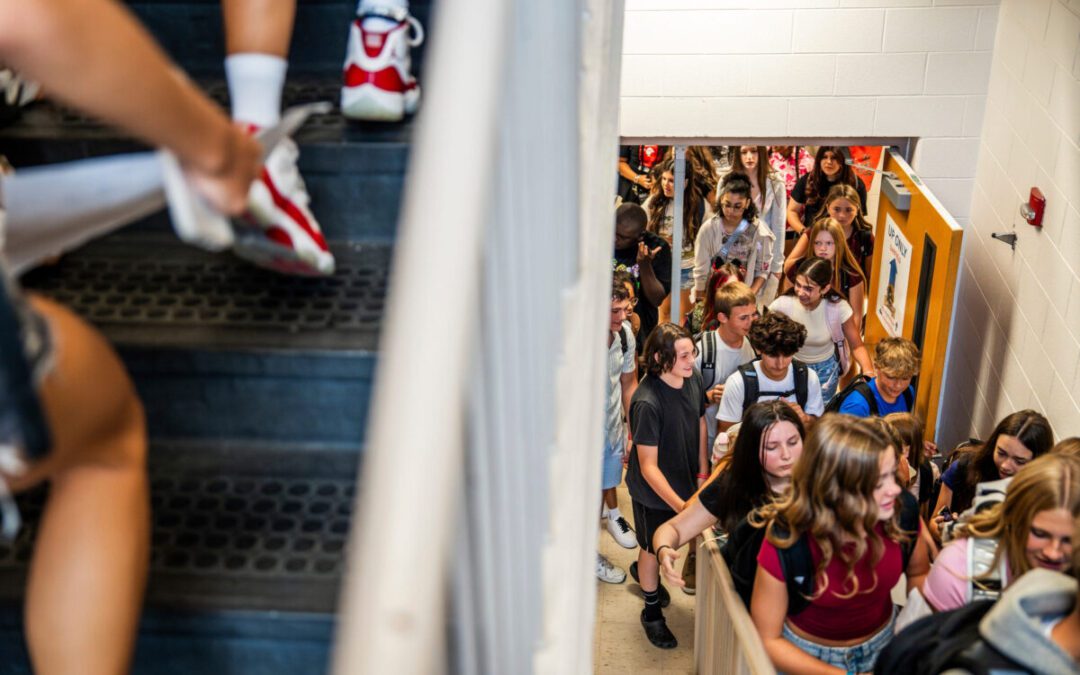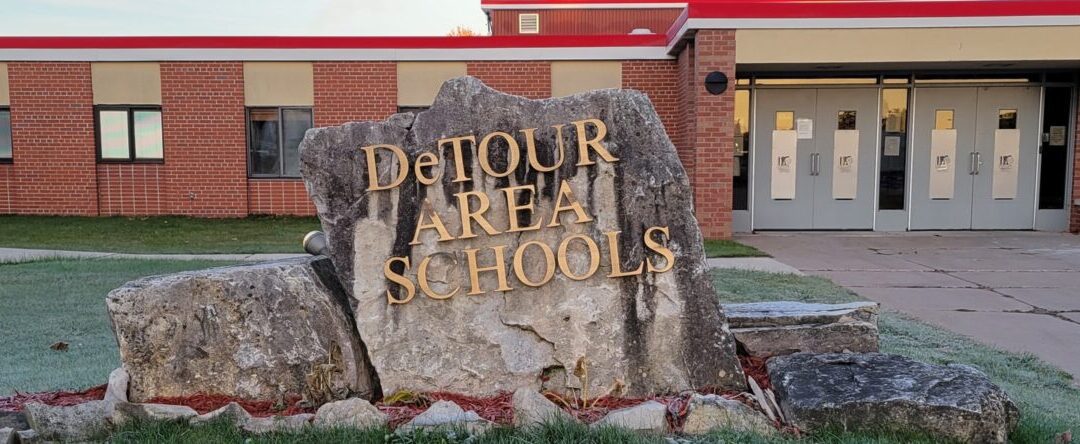
Alyssa Henneman advocates for screeners that can identify dyslexia early enough to make a student’s learning trajectory a success. Senate Bill 567, sponsored by Senator Jeff Irwin, would do just that.
Imagine yourself as a third grader. You’re 8 years old. You look at a word and try to sound it out. Then you say something completely different. This is dyslexia.
Take Jon, one of my third grade students, who is unable to read simple, two-three letter words. When he sees the word ‘bat,’ he sounds out ‘/b/ /a/ /t/’ and says ‘dig.’ Jon’s brain is unable to connect these sounds. As a school, we have used every intervention available to us, including differentiated reading instruction, and Phonics for Reading to name just two. We even had Jon evaluated for special education services. In the meantime, Jon is still not reading, even though I try to carve out time every day to work with him. At 8 years old, he’s losing previous learning time.
I know that Jon needs individualized instruction. The problem is that many teachers in Michigan are not trained to work with students like Jon who have dyslexia. What’s more, teachers like me aren’t required to learn how to teach reading until their masters program or within five years of starting teaching. Even then, the reading course I took did not cover the science of reading, a way to teach students how to read using a multisensory approach that Jon needs.
Jon’s situation is made more complicated by the fact that in Michigan, dyslexia is not an area of eligibility for special education services nor can the special education evaluation we currently have in place diagnose dyslexia. A student needs to demonstrate a pattern of strengths and weaknesses on both the cognitive and achievement testing that add up to a lack of learning progress. Dyslexia’s markers are different and Jon’s scores don’t follow a predictable pattern of strengths and weaknesses. His cognitive scores are not low enough to count as cognitive impairment. Jon is what I like to call a bubble kid, in between a learning disability and a cognitive impairment.
What Jon and up to 64,000 children between kindergarten and 3rd grade alone need are robust screeners that can identify this specific learning disability early enough to make their learning trajectory a success. Senate Bill 567, sponsored by State Senator Jeff Irwin, would do just that. The bill would require screening of K-3 grade students beginning in the 2025-26 school year. A dyslexia screener, conducted three times a year, is a test that helps to determine if a student’s current skill level shows them to be at risk of reading difficulties, such as dyslexia. These screeners would help teachers like me alter their instruction to cater to our students’ individual needs.
While screening students is a great start, it is not enough. Senate Bill 567 would also require that teachers are trained to use the screeners and that they implement interventions to teach students with dyslexia to read. These interventions would include science of reading strategies such as LETRS. LETRS is currently available to select Michigan teachers as an optional training.
The next important ingredient for success are early literacy coaches, who work with local districts like mine on a need basis. Because the coaches are only able to work a certain number of hours in each district, their support is not readily available. Their duties vary from district to district, from organizing classroom libraries and meeting with teachers to administering assessments and distributing new curriculum to teachers. If this legislation were to pass, early literacy coaches would be required to receive training on how to coach teachers through interventions for students with dyslexia. That will go a long way towards helping students like Jon.
Every child should be able to read by the time they are in 3rd grade. By instituting screeners and requiring teachers to have training in interventions for dyslexia, Jon would be able to receive the support he deserves.

Michigan House passes bill to ban cell phones in classrooms
State lawmakers in the Michigan House of Representatives passed a bill to ban student phone use in classrooms, following in the footsteps of many...

Michigan teachers weaving lessons on Jan. 6 uprising into history classes
By Kim Kozlowski/Bridge Michigan Ask any history teacher in Michigan how their lessons could be better and they will tell you that they need to...

OPINION: Michigan’s students deserve a future full of opportunities
Michigan’s School Aid Budget must commit to closing opportunity gaps, funding special education, and supporting educators. In the back of my white...

Brighter days are ahead for students in the Eastern Upper Peninsula
Superintendent Robert W. Vaught explains how academic achievement and the mental health of students, teachers, and parents have improved since...

About 72% of Michigan students considered not ‘college ready’
By Clara Lincolnhol, Capital News Service LANSING – Nearly three quarters of Michigan high school students are considered to be unprepared for...





